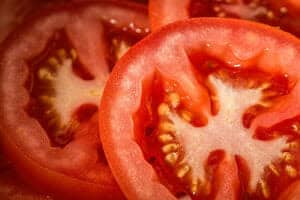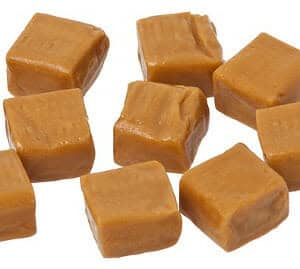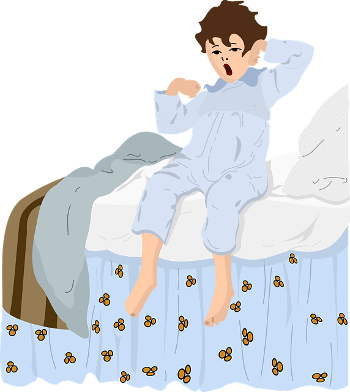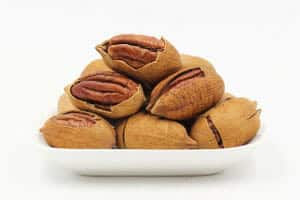
The English language has a lot of regional variations and different accents – and there are some words that have two different (but correct) ways to pronounce them! Here are some of the most common ones. So, which way should you say these words? You can choose whichever way you think sounds best – or whichever way other English speakers around you tend to say them.
AUNT
Definition: the sister of your mother or father
Can be pronounced ant rhyming with “pants,” or ahnt rhyming with “want”
VASE
Definition: a decorative container for flowers
Can be pronounced vays rhyming with “face” or vahz with the “ah” sound in “father”

ENVELOPE
Definition: a paper container for a letter, that you use to mail it
The first “en” can be pronounced en as in “pen” or on as in “pond”

TOMATO
Definition: a red fruit
The “a” can be pronounced like the “a” in “hate” or like the “a” in “father”

ROUTE
Definition: a way leading to a destination
Can be pronounced root rhyming with “fruit,” or rowt rhyming with “out”
CARAMEL
Definition: a smooth, brown, chewy candy made from sugar, butter, and milk
Can be pronounced KAR-a-mel with the “kar” rhyming with “bear”, or KAHR-mul with the “kahr” rhyming with “far”

TOURNAMENT
Definition: a type of competition in which competitors are eliminated until there is one winner
The “tour” part can be pronounced tor to rhyme with “four” or ter to rhyme with “her”
PAJAMAS
Definition: clothes used for sleeping
The “ja” part can be pronounced like in the word “jog,” or like the word “jam”

NICHE
Definition: a small extra space inside a wall, or a special area of activity/skill/demand
Can be pronounced nitch to rhyme with “which” or neesh with the “ee” sound in “need” and SH sound at the end.
PECAN
Definition: a type of nut
Can be pronounced 3 ways!
- pi-CAHN (with the “ah” as in father)
- pi-CAN (with the “a” as in fan)
- PEE-can (stress on first syllable, “ee” as in “see”)











